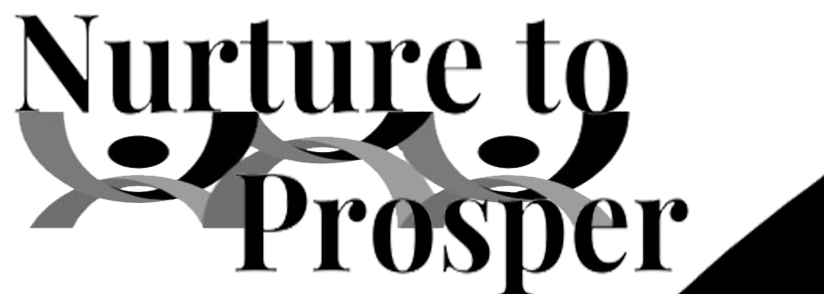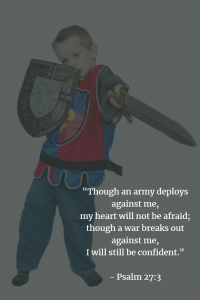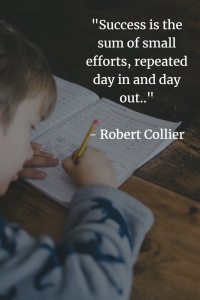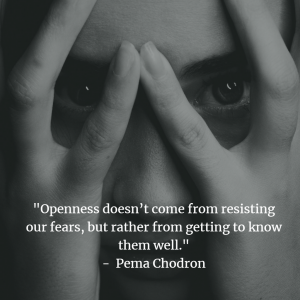Teaching Self-Control Balancing Freedom and Responsibility

One has the liberty to do many things, but is it the right thing to do and is it the right time to do it? According to a quote from Aristotle, the key words related to self-control are “to do” or “not to do.” These keywords represent the power balance of controlling oneself. In life, children are often faced with opposing options to choose from. For example, they may have to decide whether to play or study, eat a full bowl of sweets or just a few, or sleep early or stay up late and play video games. Such choices are inherent to human existence. As parents or guardians, it is our responsibility to teach our children that although they have the freedom to do anything, they need to evaluate and decide if it is beneficial and if it is the right time to do so.
Children should learn to know that having the right to do anything does not mean that they should not be controlled by anything but should have the control to decide. They should develop the ability to make decisions and exercise self-control. It is important to note that as you teach your child to develop self-control in this area, it should follow the principle of inverse proportionality. As your child grows in self-control, you should gradually reduce your control. While initially providing direct guidance and options for the child to follow, you need to teach them how to evaluate and decide on their own. Step back and allow the child to make decisions while providing guidance and support.
Many parents struggle with letting go of control and relinquishing their direct approach. However, if you don’t, your child will grow up relying on you or others to constantly provide direction. Consider your child’s age and development and apply the appropriate level of guidance to help them build self-control.




